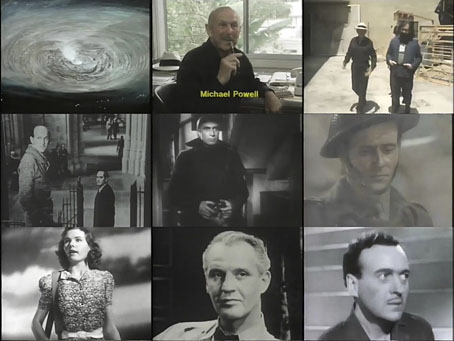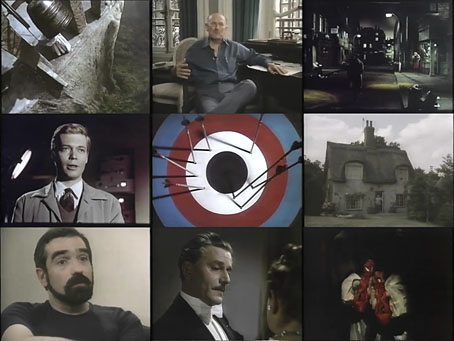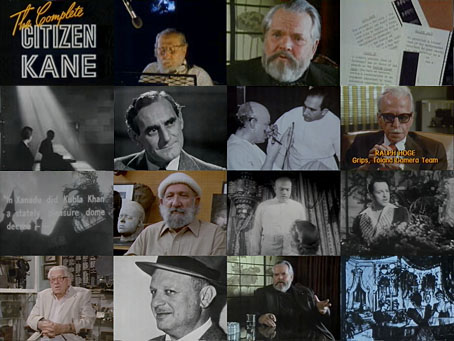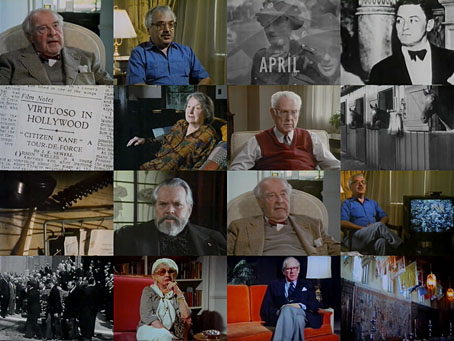“It’s the only thing that fulfils its promise…magic,” says Martin Scorsese, referring to a shot of an arrow thudding into its target at the beginning of a feature film. A pierced target accompanied by the words “A Production of The Archers” heralded the films made by Michael Powell and Emeric Pressburger from 1943 to 1957, films that included The Life and Death of Colonel Blimp (1943), A Canterbury Tale (1944), I Know Where I’m Going! (1945), A Matter of Life and Death (1946), Black Narcissus (1947), The Red Shoes (1948), Gone to Earth (1950) and The Tales of Hoffmann (1951). A Very British Affair (1981) is a 50-minute documentary made for the BBC’s Arena strand by Charles Cabot and Gavin Millar that charts the progress of Powell and Pressburger’s partnership. There’s also some discussion of Powell’s Peeping Tom (1960), the film that sank his career in Britain but which is now regarded as a masterpiece of self-reflexive cinema.
This is the best documentary about The Archers, not only for the interviews with the two men but also for the extraneous business with Michael Powell in Los Angeles and New York. In both cities the director is seen with two younger filmmakers who helped resurrect his reputation in the 1980s: Francis Coppola (seen wandering around the sets used in One from the Heart) and Martin Scorsese. The latter is interviewed during the filming of The King of Comedy, and we get to see a brief between-takes moment with Jerry Lewis and Robert De Niro. Powell was a kind of backroom advisor to Scorsese at this time, offering suggestions during the production of Raging Bull and After Hours. On the west coast he was working on projects that would have been films for Coppola’s American Zoetrope but—as we now know—nothing materialised.
Previously on { feuilleton }
• The Rite of Spring and The Red Shoes
• Michael Powell’s Bluebeard revisited
• The Tale of Giulietta




